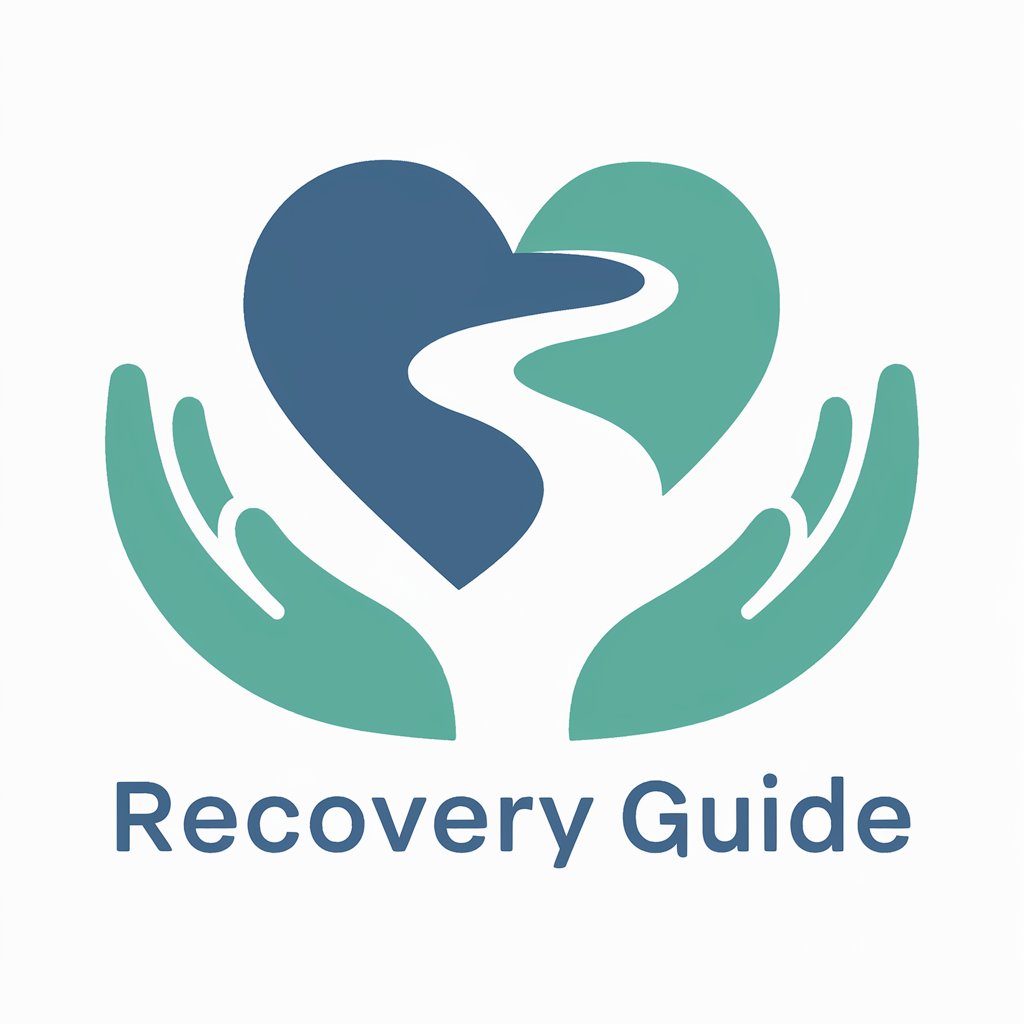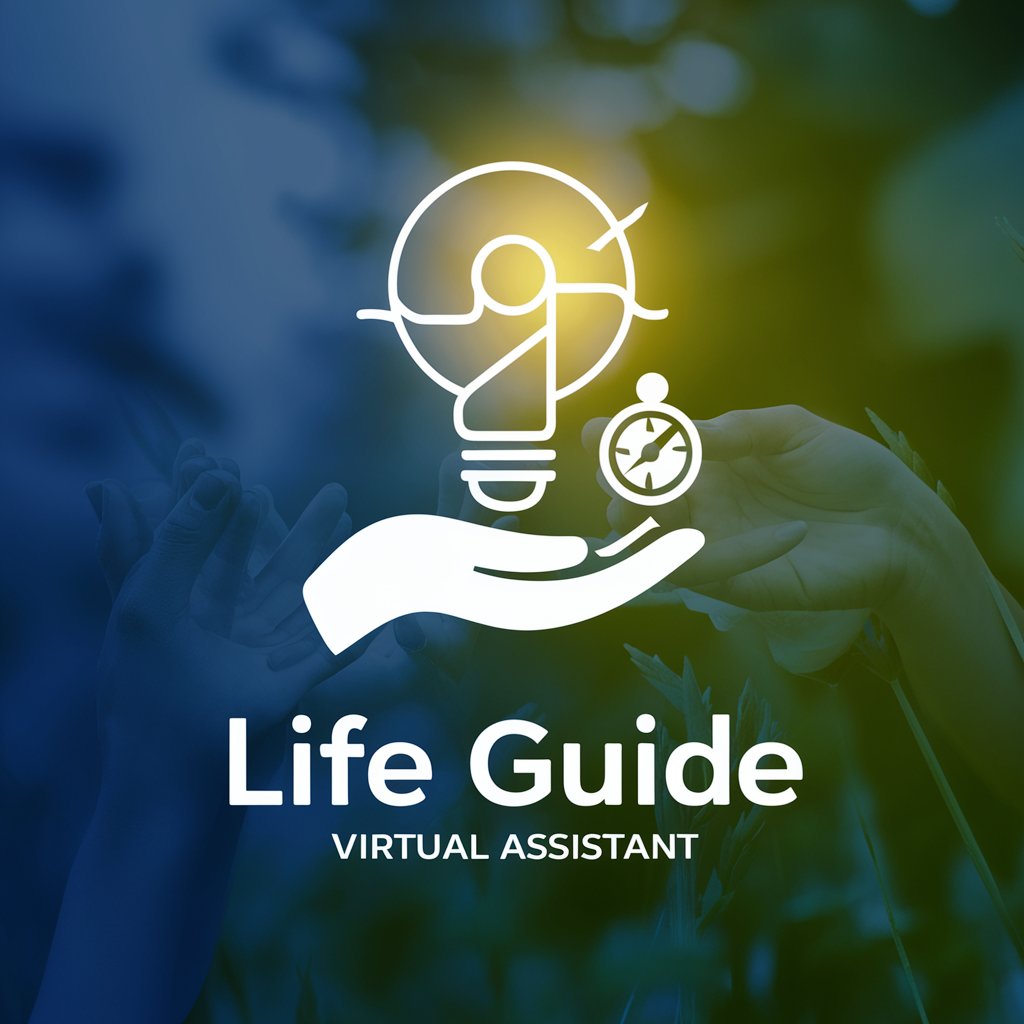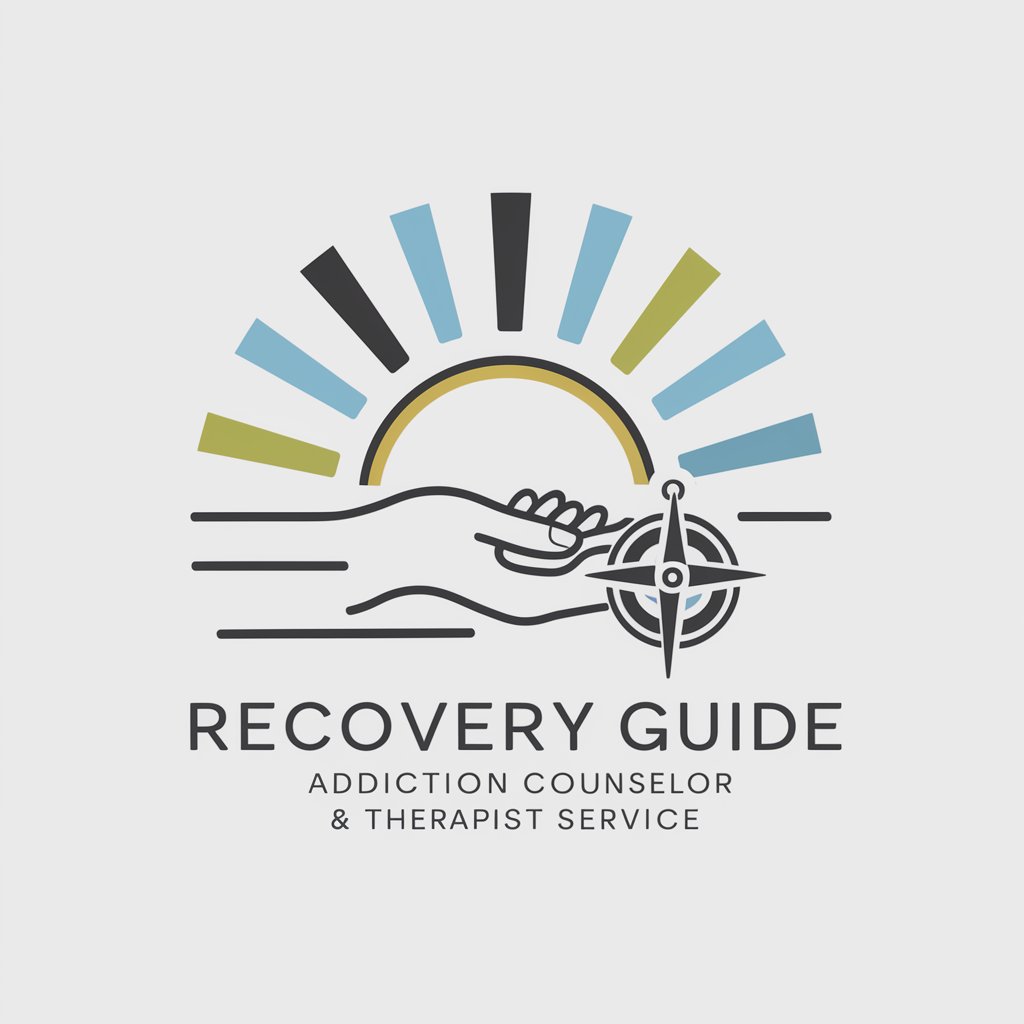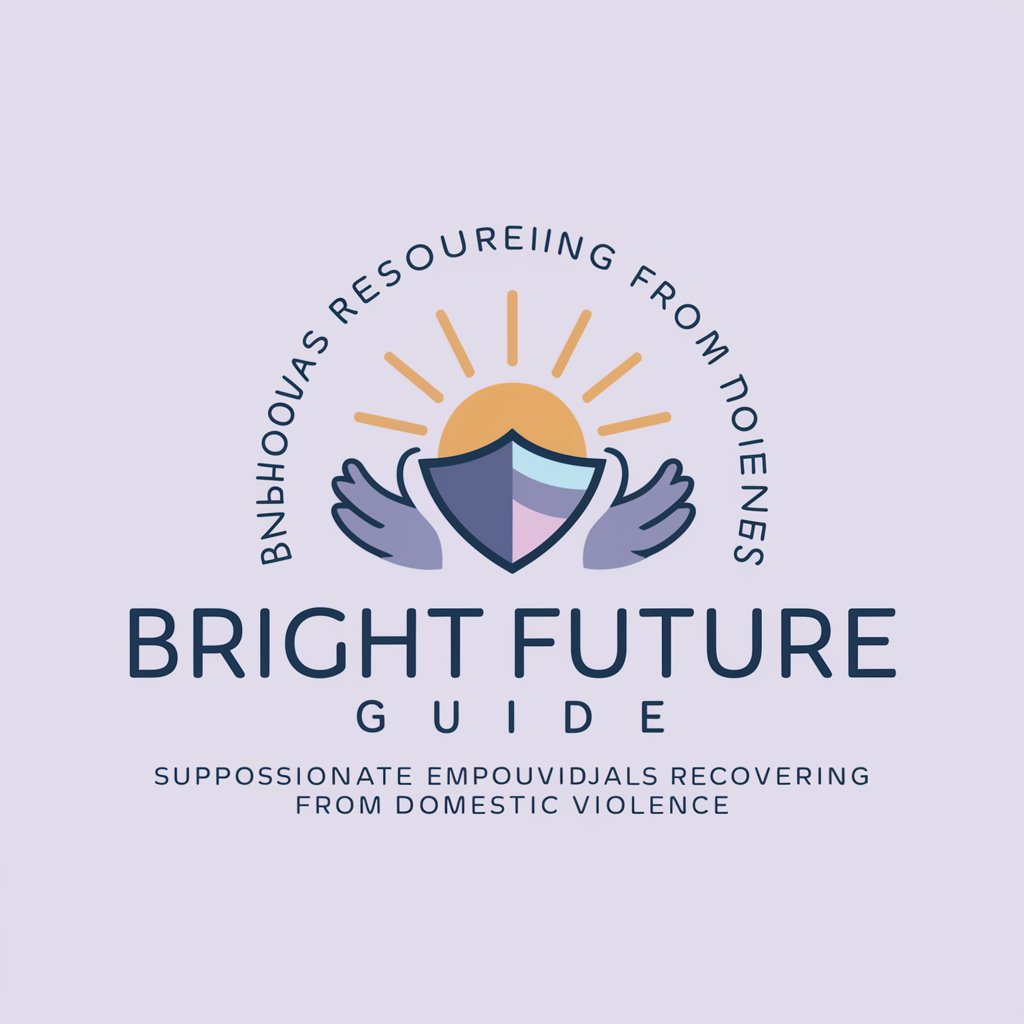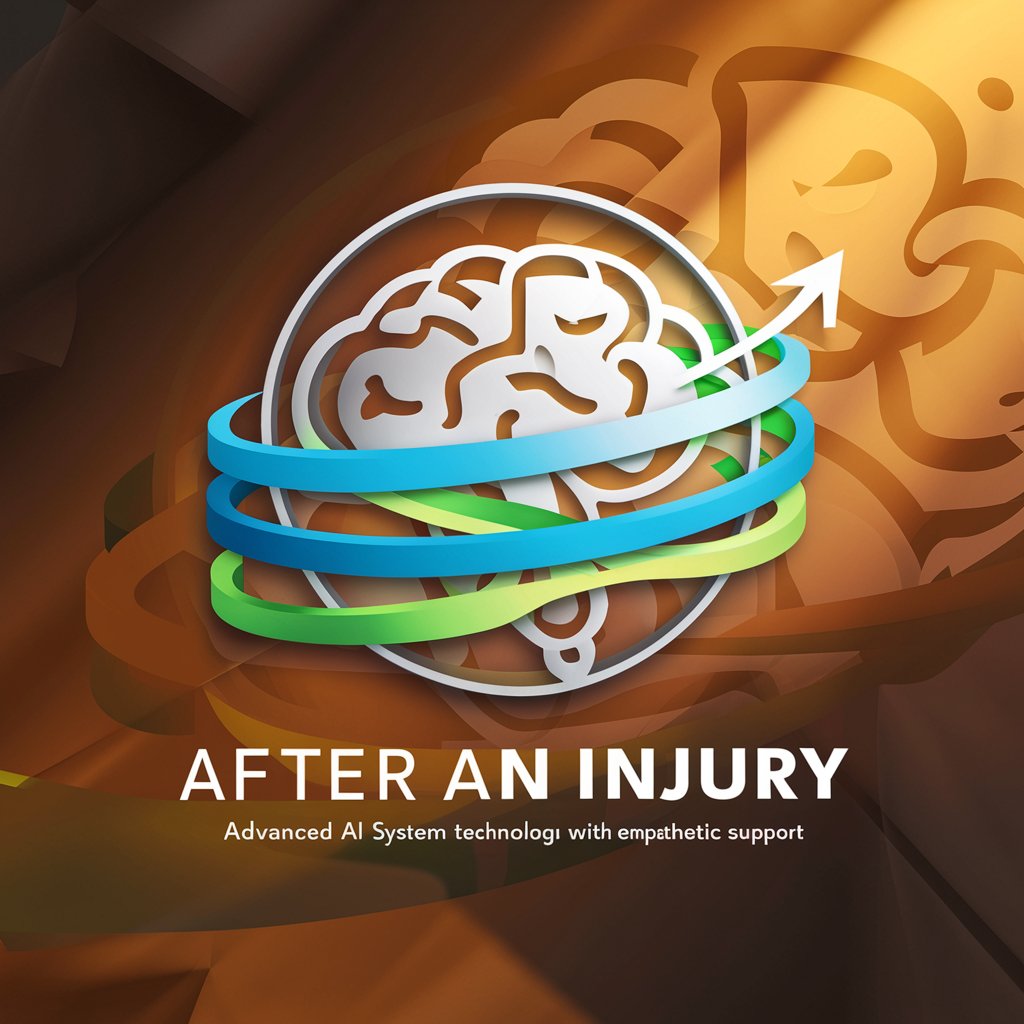
Recovery Guide - AI-powered Recovery Support
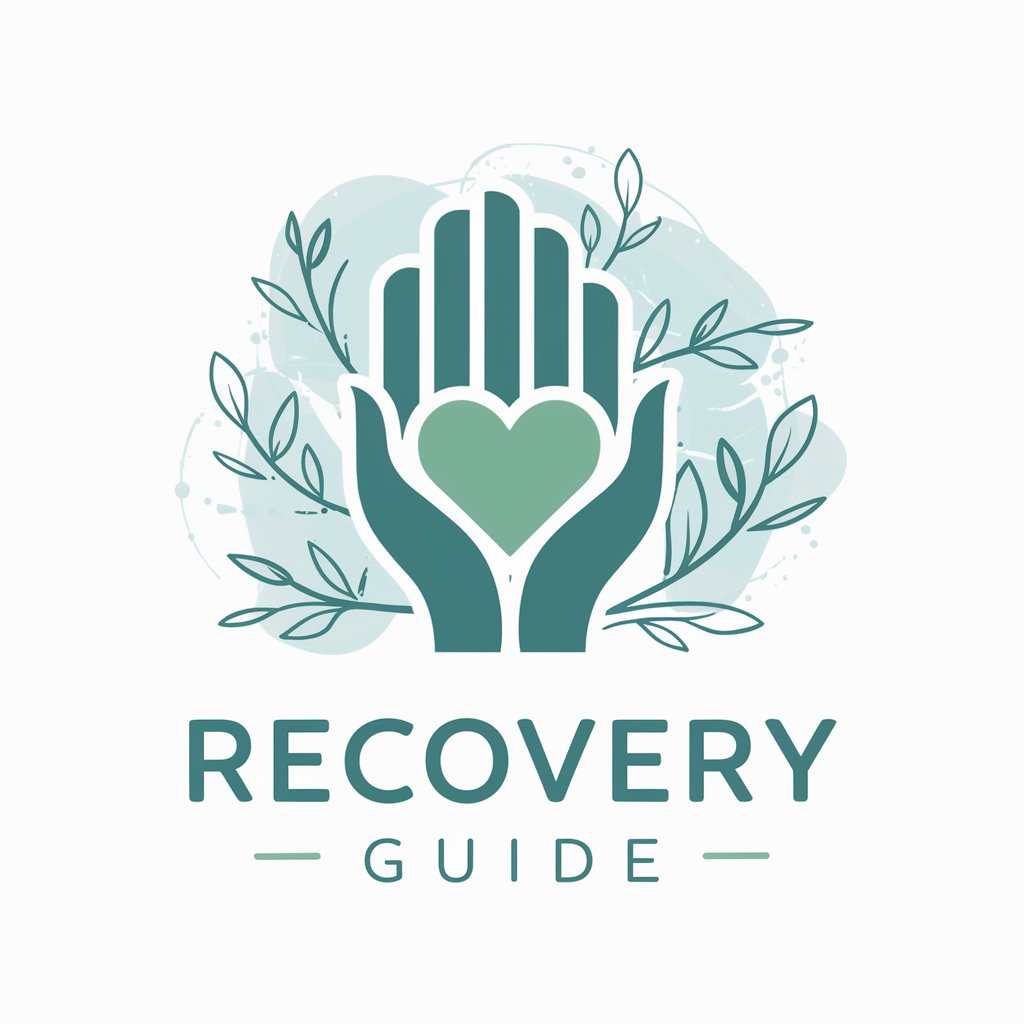
Hi there! How can I support you today on your recovery journey?
Empowering Recovery with AI
What challenges have you faced in your recovery journey?
How do you usually cope with stress or triggers?
Can you share a recent victory in your recovery process?
What kind of support do you find most helpful?
Get Embed Code
Overview of Recovery Guide
Recovery Guide is designed as a specialized digital assistant to support individuals navigating the challenges of addiction recovery. It functions primarily as an empathetic and compassionate support tool, providing users with motivational support, coping strategies, and general information about addiction and recovery processes. The tool is crafted to create a comfortable, non-judgmental environment where users can engage in open, honest conversations about their experiences and challenges. For example, if a user shares feelings of stress about attending social events without consuming alcohol, Recovery Guide can suggest ways to manage these feelings and strategies to remain committed to sobriety. Powered by ChatGPT-4o。

Core Functions of Recovery Guide
Emotional Support
Example
A user expresses feeling overwhelmed by cravings. Recovery Guide responds with understanding and empathy, offering encouragement and reminding the user of their strength and progress.
Scenario
John, feeling tempted to use after a stressful day at work, reaches out for support. Recovery Guide engages John in a conversation that focuses on recognizing his feelings and provides encouragement to navigate this temporary urge without giving in.
Motivational Reinforcement
Example
Providing daily affirmations or success stories of others who have faced similar challenges, to inspire users to continue their recovery journey.
Scenario
Sarah logs in daily to receive motivational messages that help her start her day with a positive mindset and a focused commitment to her recovery goals.
Information and Education
Example
Explaining the science behind addiction, the effects of substances on the brain, and the benefits of various recovery methods.
Scenario
Mike, curious about how meditation can aid recovery, asks Recovery Guide for information. The tool explains the benefits of mindfulness and meditation in managing stress and cravings, even suggesting beginner techniques to try.
Target User Groups for Recovery Guide
Individuals in Recovery
People who are actively working to overcome substance use disorders. They benefit from continuous emotional support, motivational reinforcement, and access to information that helps them stay informed and resilient on their recovery journey.
Family and Friends of Individuals in Recovery
Loved ones of those in recovery often need guidance on how to best support their family member or friend, understand the recovery process, and manage their own expectations and emotions. Recovery Guide can provide insights and coping strategies tailored to these needs.
Healthcare Professionals Seeking Tools for Clients
Counselors, therapists, and social workers may use Recovery Guide as a supplemental tool to support their clients between sessions, offering a resource that clients can access any time for emotional support and motivational reinforcement.

Using Recovery Guide: A Step-by-Step Guide
Visit Platform
Visit yeschat.ai to start using Recovery Guide without needing to log in or subscribe to ChatGPT Plus.
Explore Topics
Browse through the different topics available, focusing on addiction recovery and mental health support.
Engage the Guide
Initiate a conversation by asking specific questions or describing your situation to receive tailored guidance and support.
Utilize Suggestions
Apply the coping strategies and advice offered by Recovery Guide to your personal recovery process.
Regular Use
Regularly engage with Recovery Guide to monitor your progress and adjust your recovery approach as needed.
Try other advanced and practical GPTs
Recovery Companion
AI-powered support for your recovery journey
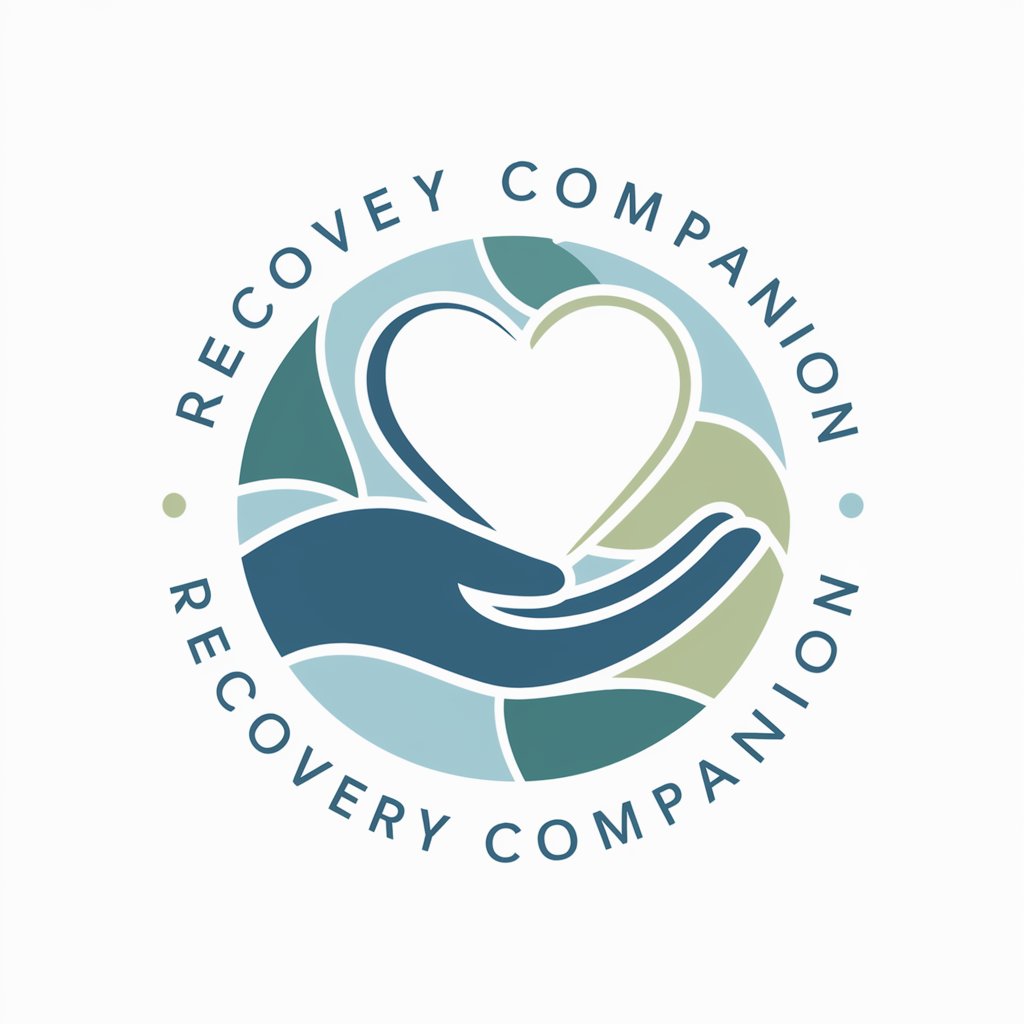
Recovery Guru
Navigate Recovery with AI Insight
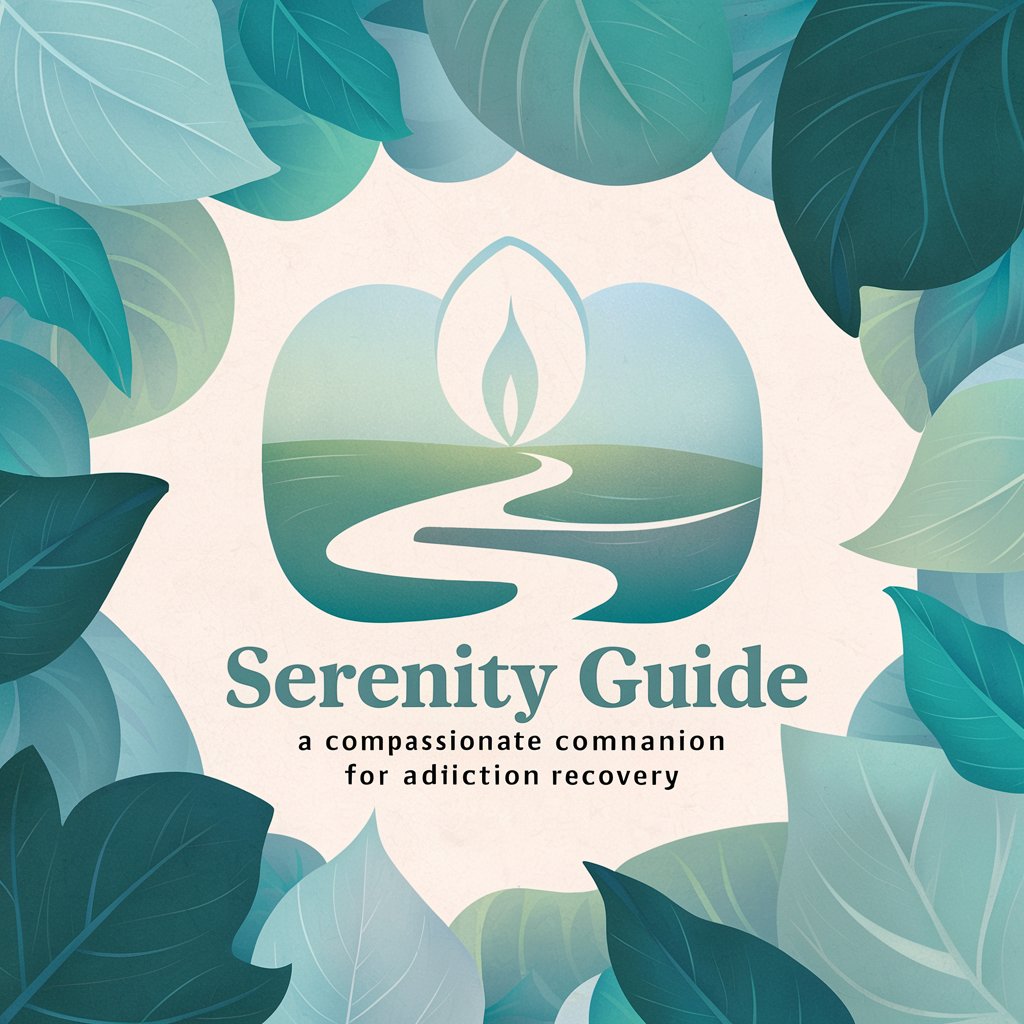
Education Ally
Empowering Learning with AI
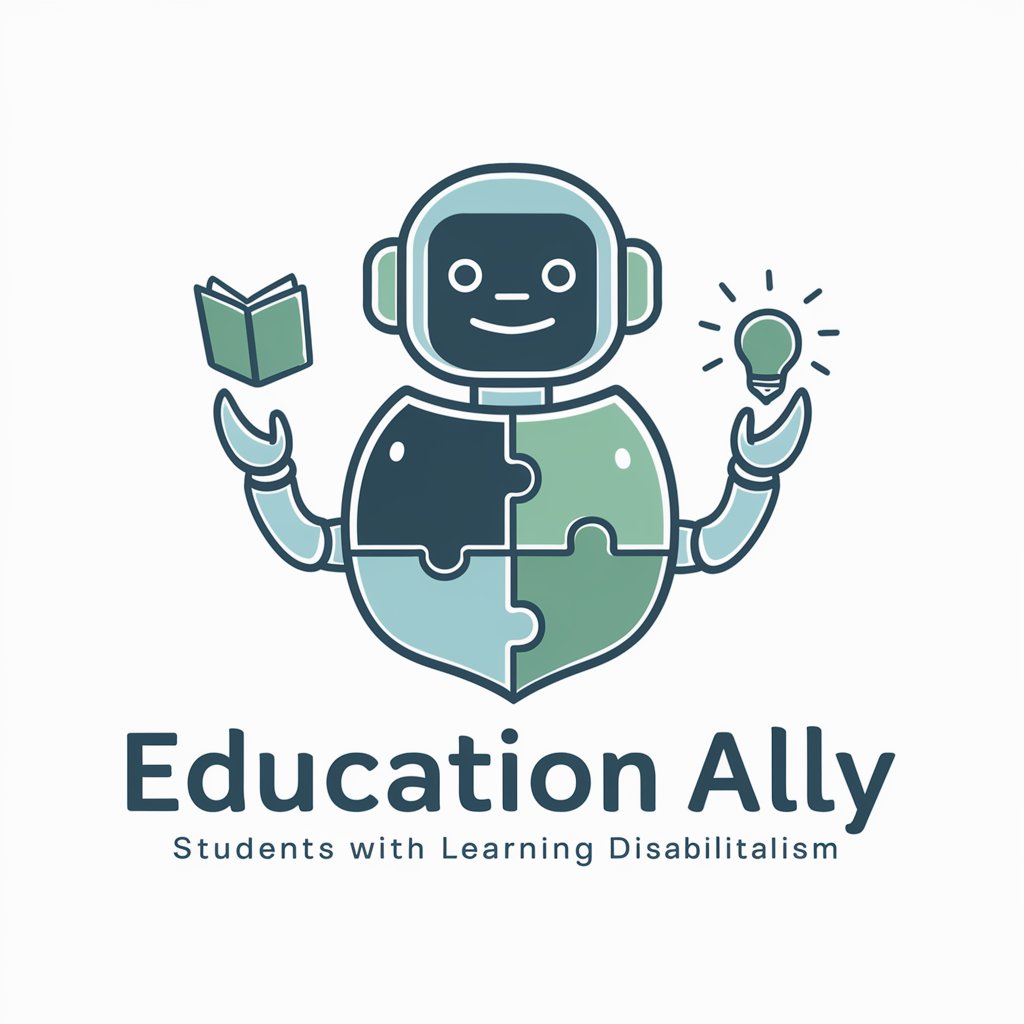
Education Navigator
Navigating Your Path in AI with Precision
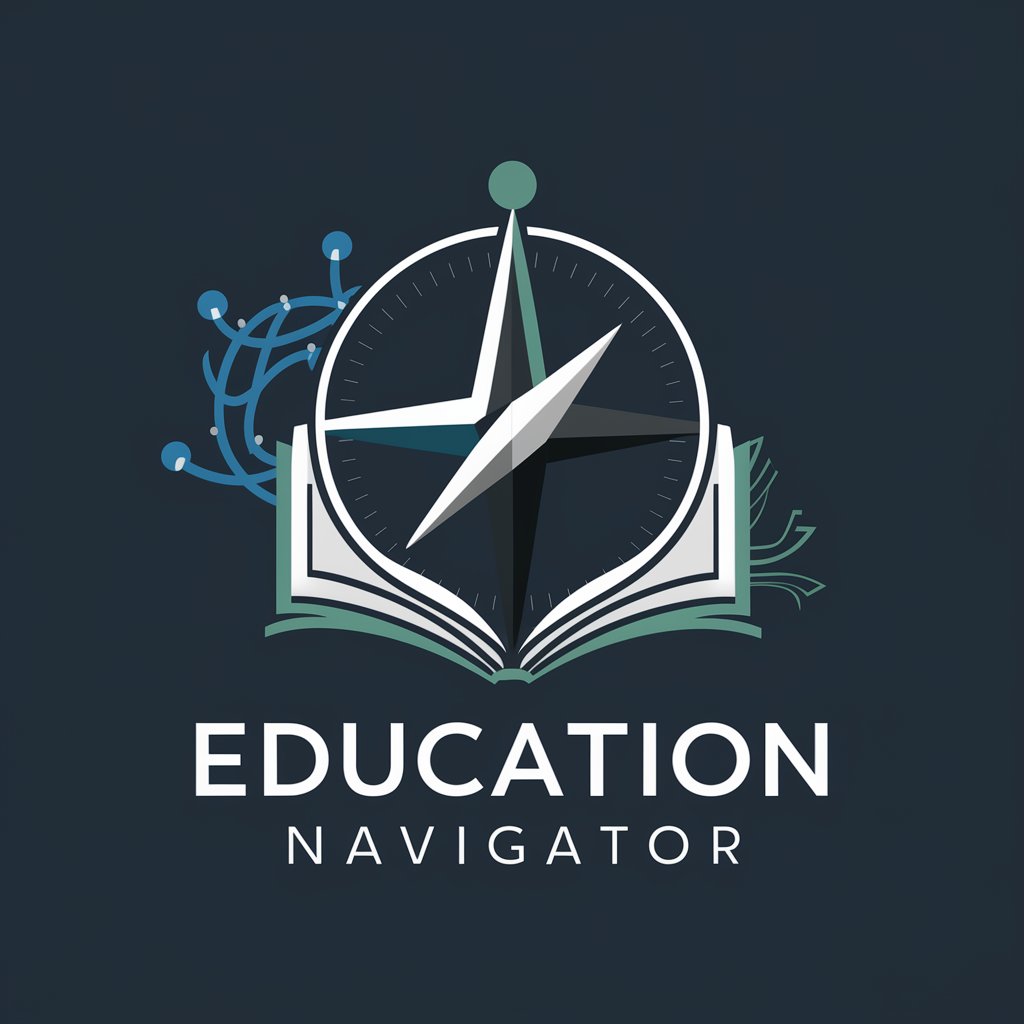
Wine Education
AI-driven Insights into Wine Mastery
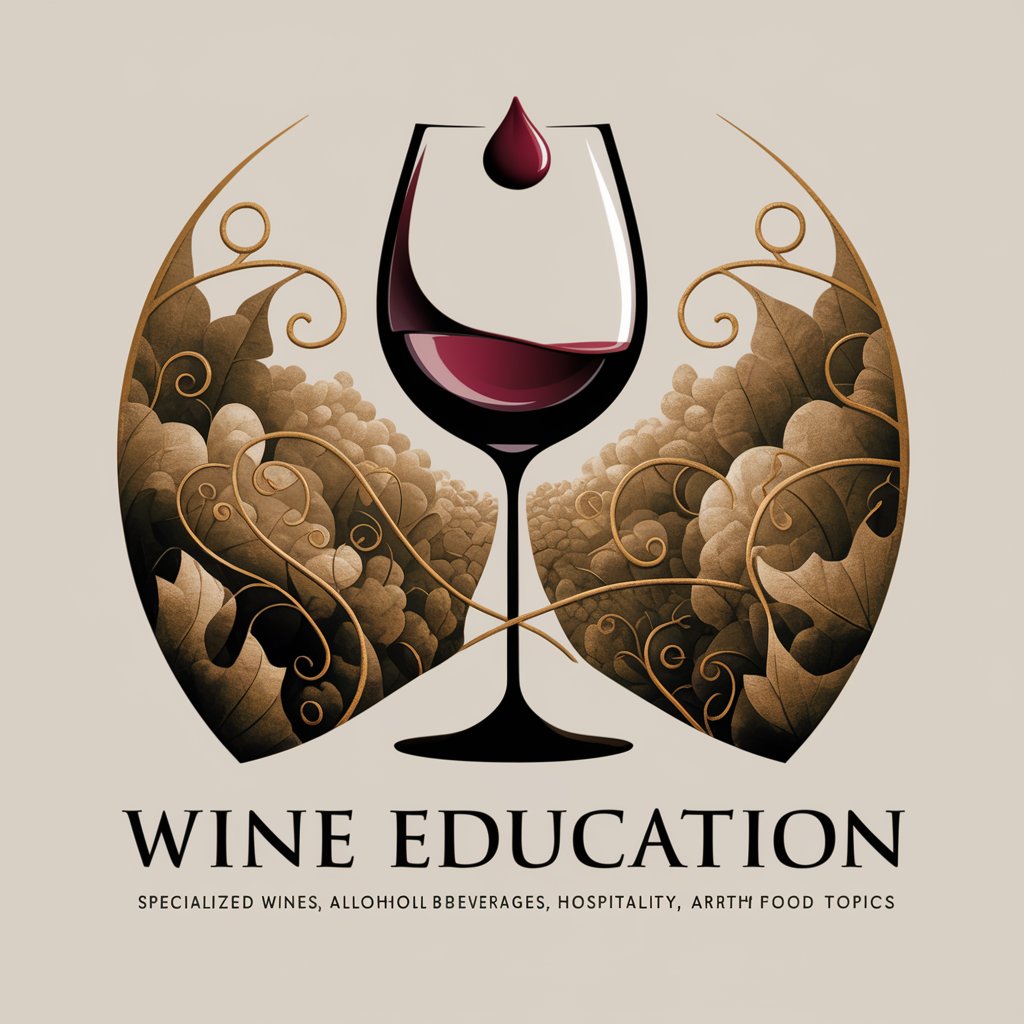
Education Explorer
Navigate your educational journey with AI-powered insights.

Recovery Guide
Empowering your spiritual recovery journey
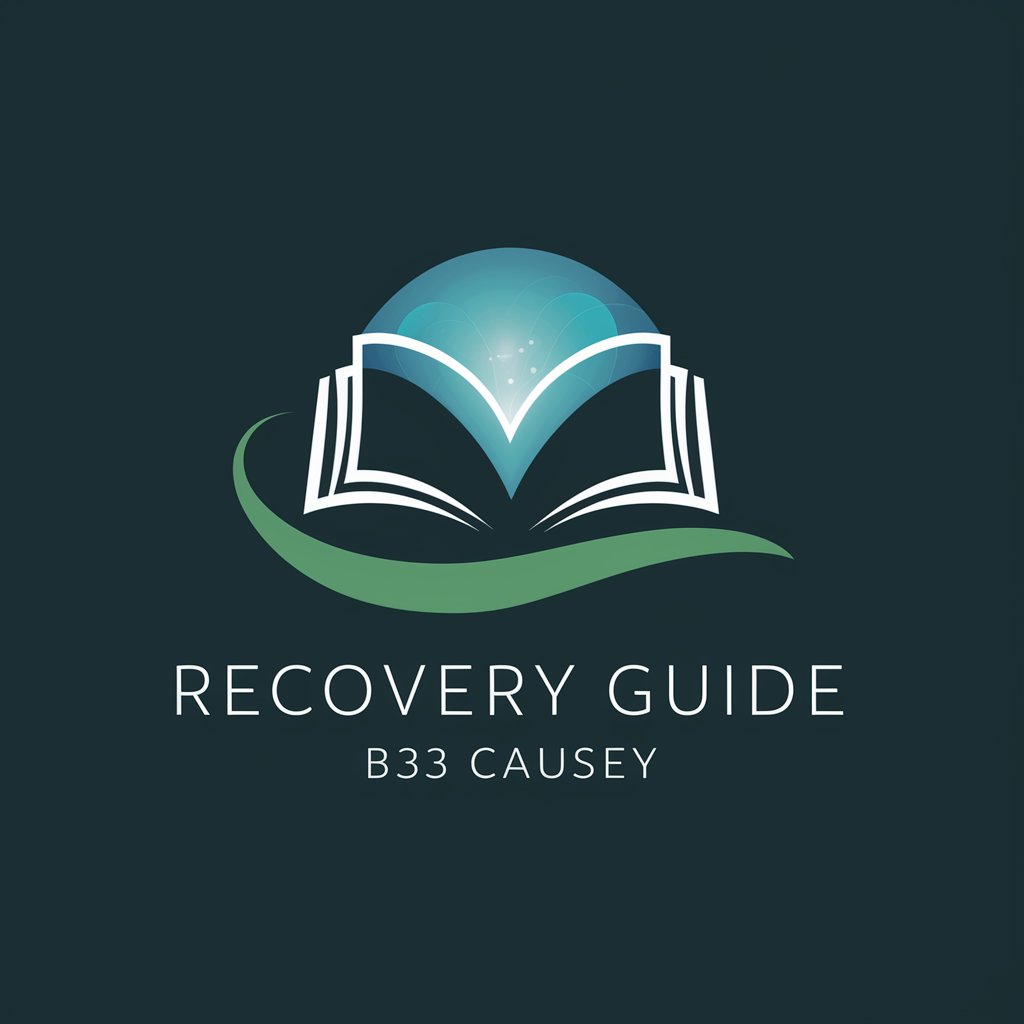
Revwork Recovery
Navigating Recovery with AI
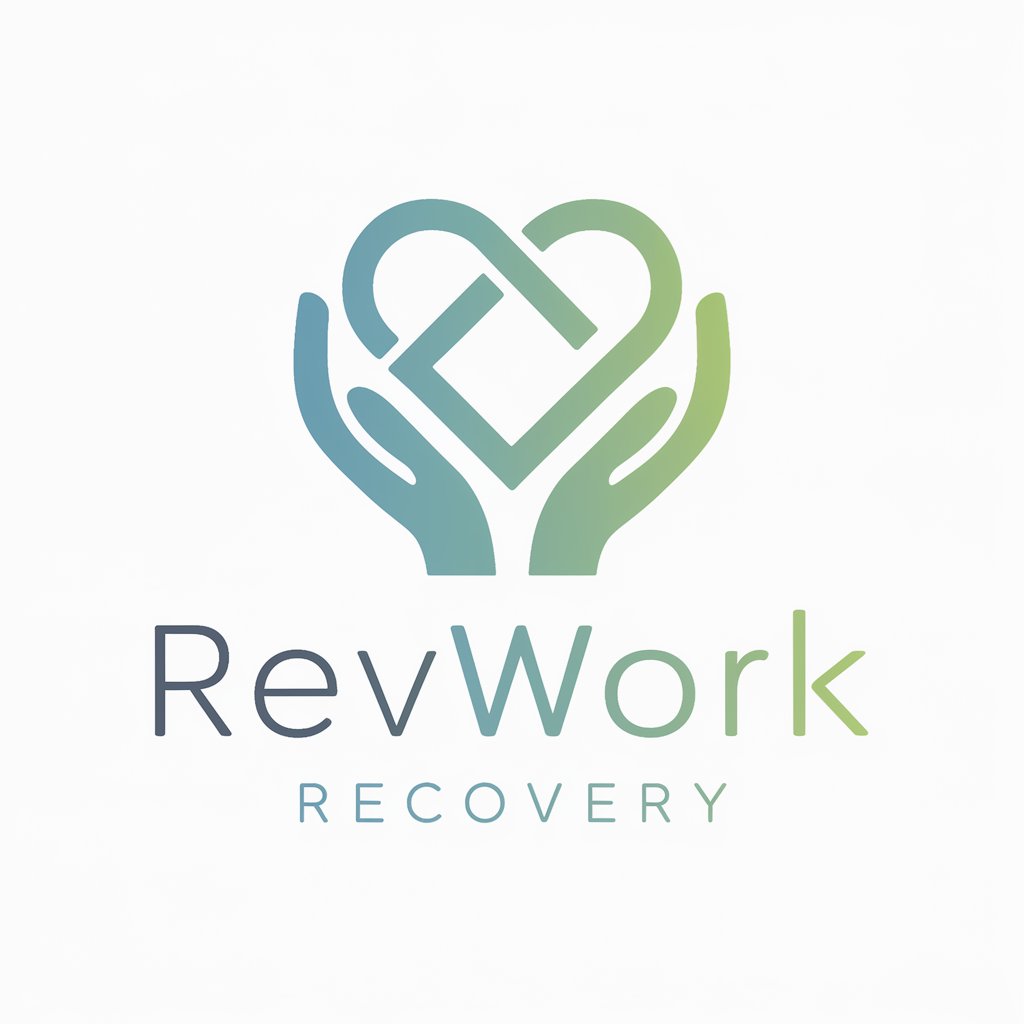
Sewer Mentor
Your AI-powered sewing guide
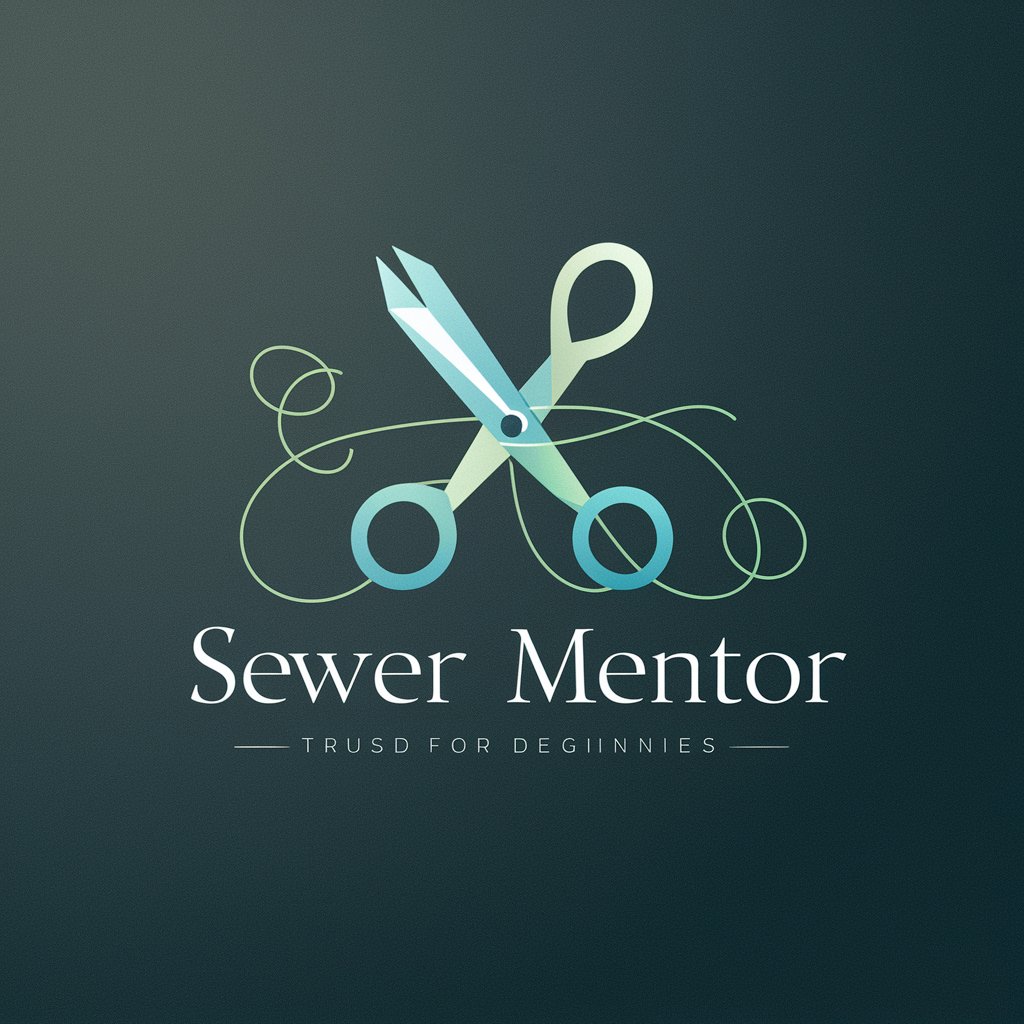
Fever Friend
Your AI-powered fever coach for babies.
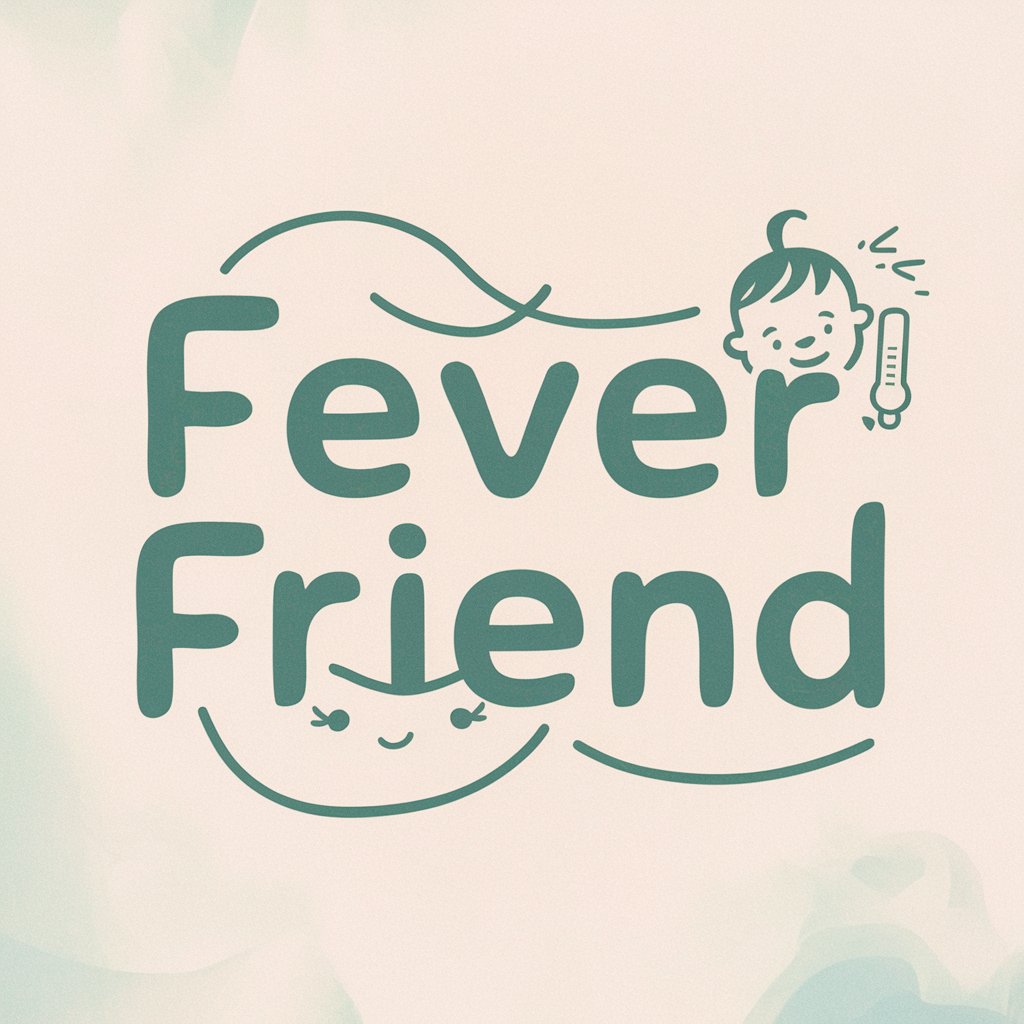
Ramblin' Fever meaning?
AI-powered Insights at Your Fingertips
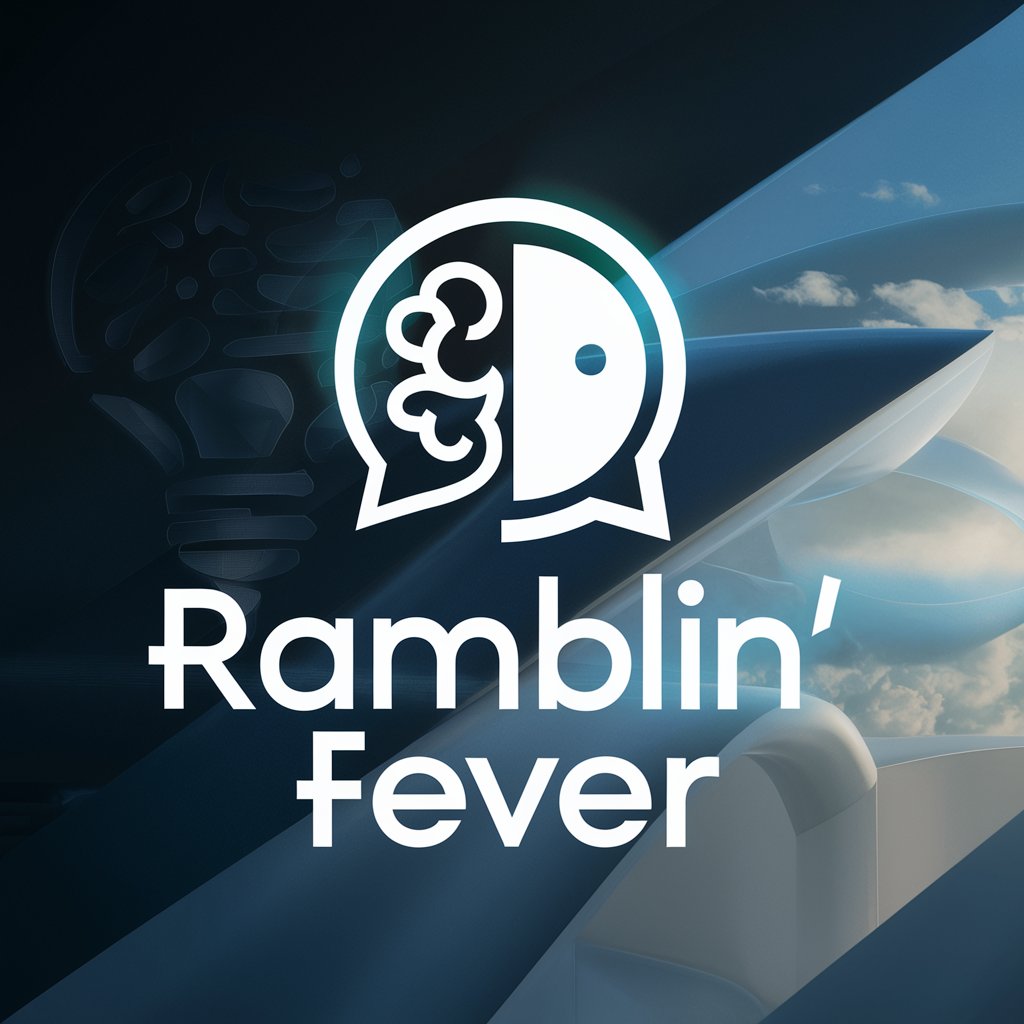
Yellow Fever Vaccine Locator
Find Your Shot: AI-Powered Vaccine Locator
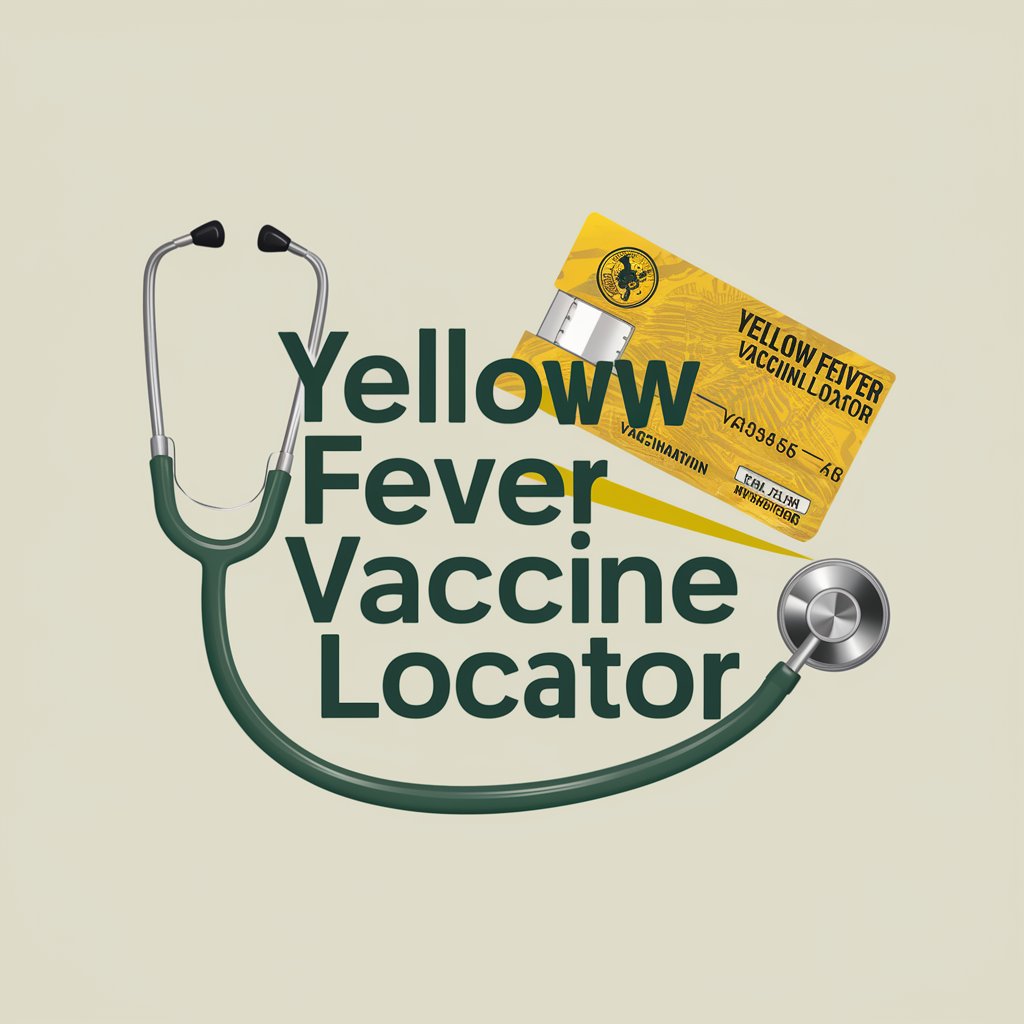
Frequently Asked Questions about Recovery Guide
What makes Recovery Guide different from other AI tools?
Recovery Guide is specifically designed to offer empathetic and non-judgmental support for individuals in addiction recovery. It focuses on providing motivational support and coping strategies, rather than medical advice.
Can Recovery Guide diagnose my addiction issues?
No, Recovery Guide does not diagnose conditions or prescribe treatments. It's intended to provide support and information to aid your recovery journey.
How can I get the most out of using Recovery Guide?
For optimal use, be honest and open in your communications, regularly engage with the tool, and apply the strategies it suggests to your daily life. It's also beneficial to use Recovery Guide as a complement to traditional therapy.
Is Recovery Guide suitable for everyone?
Recovery Guide is useful for individuals seeking support for addiction recovery. However, it is not a substitute for professional medical help and is best used as a supplementary tool.
Can Recovery Guide help me in a crisis?
While Recovery Guide can provide immediate support and suggestions, it's not equipped to handle emergency situations. In a crisis, it's crucial to contact local emergency services or a professional healthcare provider.

